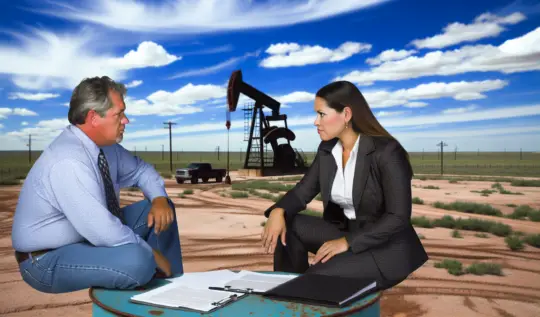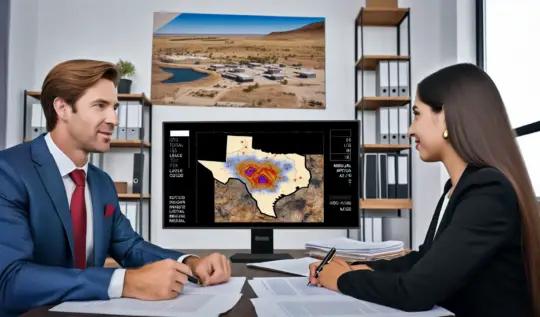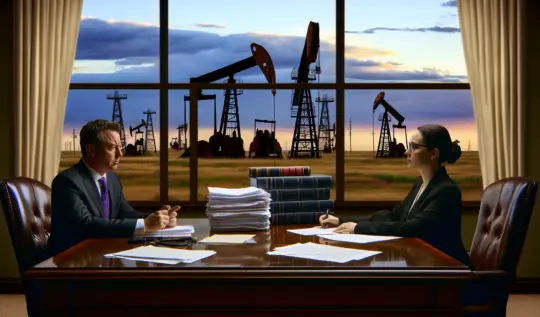
Understand Primary and Secondary Phases in Minerals Leases
If you own land in Texas and it holds minerals like oil or gas, lease terms matter more than you may think. These rules decide how long a company can use your land, when they must begin work, and what happens if they do not. A clear lease can help protect both your land and your long-term income. That is












